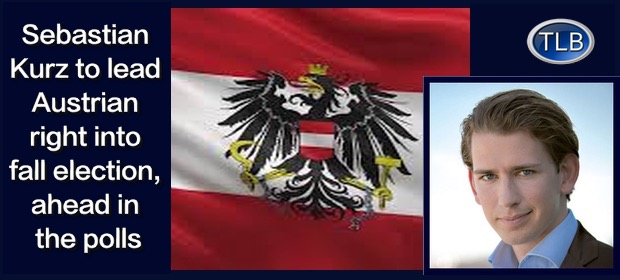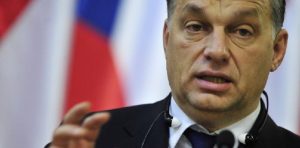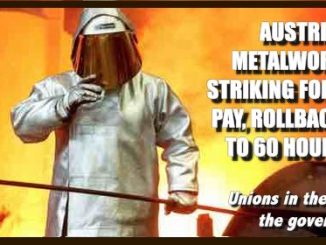
Austria heading for snap elections
ANTHONY MILLS
The slender 30-year-old foreign minister, Sebastian Kurz, announced at a brief press conference on Sunday evening (14 May) that he had taken over the leadership of the Austrian People’s Party (OeVP), and was committed to snap elections in the autumn. After this, the prospect of a return to government for the far-right Freedom Party (FPOe) moved a concrete step closer.
It is widely anticipated that early elections will be held after the summer and that the acrimonious break-up of the current coalition between the ruling Social Democrats (SPOe) and the OeVp removes the possibility of continued cooperation for the foreseeable future.
Since none of the three front-runner parties will win enough votes to rule alone, the FPOe, led by Heinz-Christian Strache, is well-placed to play a governing role for the first time since a stormy coalition with the OeVp – which prompted mass protests and EU sanctions – disintegrated in 2005.

The 30-year-old, charismatic Kurz is perceived by many in his party as nothing short of a saviour who represents the flagging party’s only hope of revival. (Photo: Council of the EU)
Neither the leader of the SPOe, Christian Kern, nor Sebastian Kurz, have ruled out a coalition with the FPOe, as they put their focus on leading any future government.
Kurz is hoping that the seven, power-consolidating conditions – upon which he based his acceptance of the party leadership role, and that were approved by the OeVp grandees before they unanimously crowned him number one – will allow him the leeway to manoeuvre his party from third place in polls, to a win in the autumn.
Winning FPOe power
Within the ranks of the OeVp, the 30-year-old, charismatic Kurz is perceived by many as nothing short of a saviour who represents the flagging party’s only hope of revival.
Polls appear to bear this assessment out, indicating that Kurz is the most popular politician in Austria, and that his leadership of the OeVp could catapult the party back into first-place-contender position nationally.
He is hoping to win back voters from the FPOe – which may explain why, in recent months, he has veered to the right in his high-profile role as foreign minister on issues such as the refugee crisis, security and the future of the EU.
 In a recent newspaper interview, he praised Hungarian prime minister, Viktor Orban (pictured) – accused by many of flouting the EU’s democratic norms – and suggested an end to “division into good and bad”.
In a recent newspaper interview, he praised Hungarian prime minister, Viktor Orban (pictured) – accused by many of flouting the EU’s democratic norms – and suggested an end to “division into good and bad”.
This track record, combined with Kurz’s emphatic seizing of the helm of the OeVp, has some observers worried, with some detractors speaking of a “power grab”.
Members of parliament from the Green Party and the small, liberal Neos grouping, as well as some journalists, have suggested that Kurz may take Austria down the path of “illiberal democracy” espoused by Orban in Hungary.
In his Sunday evening press conference, Kurz rejected such fears, saying that criticism is unavoidable, “no matter which path one takes”.
Political analyst Peter Filzmaier suggests that any evaluation of Kurz – from purported “Messiah” to “comparisons with Orban or Turkish president Recep Tayyip Erdogan – must be evaluated in the context of “electioneering”.
Security and freedom
Kurz, he argues, is taking the middle path between a traditional political party and a novel movement, somewhat like the En Marche! party of the new French president, Emmanuel Macron.
“He doesn’t want to completely renounce the structure and resources of his party, but he wants the image of a new movement with people he can choose. Whether this pays off at the general election is the big question,” Filzmaier argues.
Communications consultant Josef Kalina, who is close to the SPOe, suggests comparisons with Orban are exaggerated.
“Austria is a well-founded democracy with, in any event, a strong opposition. It is impossible for any one party to get a two-thirds majority needed to change the constitution. A danger to democracy like in Hungary is an exaggeration,” Kalina said.
Nonetheless, he acknowledges that an OeVp-FPOe coalition following autumn elections – which both he and Filzmaier agree are inevitable and will in all likelihood propel the FPOe into government – would be problematic.
“The difficulty … would be EU politics. Then we would see which path Kurz would really take. The backbone of Austria’s economy rests on the EU market, and shaking it for inner political reasons could be problematic.”
And he adds: “Of course there would be questions about security policies and freedoms in the country.”
************
ER recommends other articles by EUobserver




